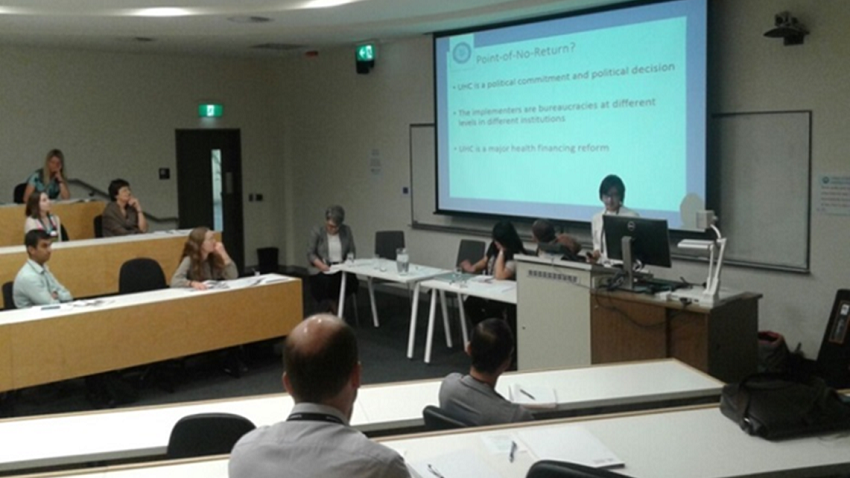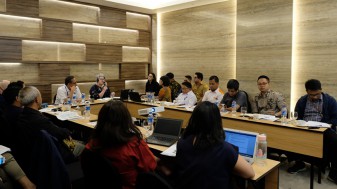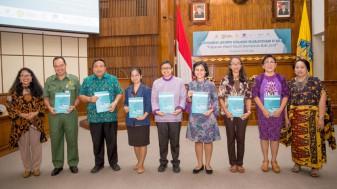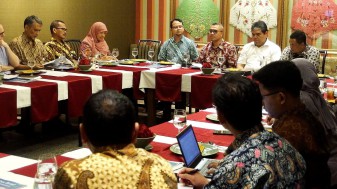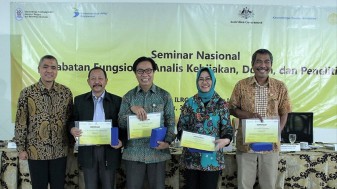by Siti Ruhanawati
The aim of the 2017 Australasian Aid Conference was to bring together researchers from across Australia, the Pacific countries, Asia and beyond, who are working on aid and international development policy, to share insights, promote collaboration and help develop the research community. It was a highly regarded conference at the Crawford School of Public Policy, Australian National University (ANU), attended by some 250 participants.
The conference was opened by the Minister of Foreign Affairs, the Hon Julie Bishop MP. The keynote speech was by Michael Woolcock, Lead Social Development Specialist, World Bank and co-author of a new book, “Building State Capability: Evidence, Analysis, Action”. As countries are shifting from developing to developed, Woolcock argues, they need to acquire a set of new skills to implement more complex issues, using a “problem-driven, iterative and adaptive approach”.
KSI organised one breakout session during the conference on “Local actor-led policy development: new evidence-based approaches from Indonesia”. Three KSI partner representatives (SMERU, PSHK and PKMK UGM) presented papers in this session, moderated by Professor Veronica Taylor from ANU. The session aimed to review the uptake of evidence-based policy initiatives in Indonesia and the openness of government to policy advice and research. There were presentations by Luhur Bima, SMERU, on “Aid and Policy Process: The SMERU Research Institute's Experience in Formulating Anti-Poverty Policy”; Gita Putri, PSHK, on “Indonesia’s Supreme Court Reform Agenda and the Role of Civil Society Organisations”; and Shita Listyadewi Widodo, PKMK-UGM, on “Make Up As We Go: Universal Health Coverage Policy in Indonesia”. All three papers described different ways the three KSI-supported organisations have been able to influence public policy and highlighted an increase in responsiveness under the present Jokowi administration. The main takeaways from the conference included a focus on implementation and going “the last mile”. No matter how extensive and successful development aid is, sustainability will rely on the capacity to implement new innovation and ways of doing things. Several papers demonstrated that coalitions of individuals, groups and organisations are critical drivers of societal change. Coalitions and strategic partnerships are often more effective at achieving gender and other development outcomes than when organisations or individuals act alone.

